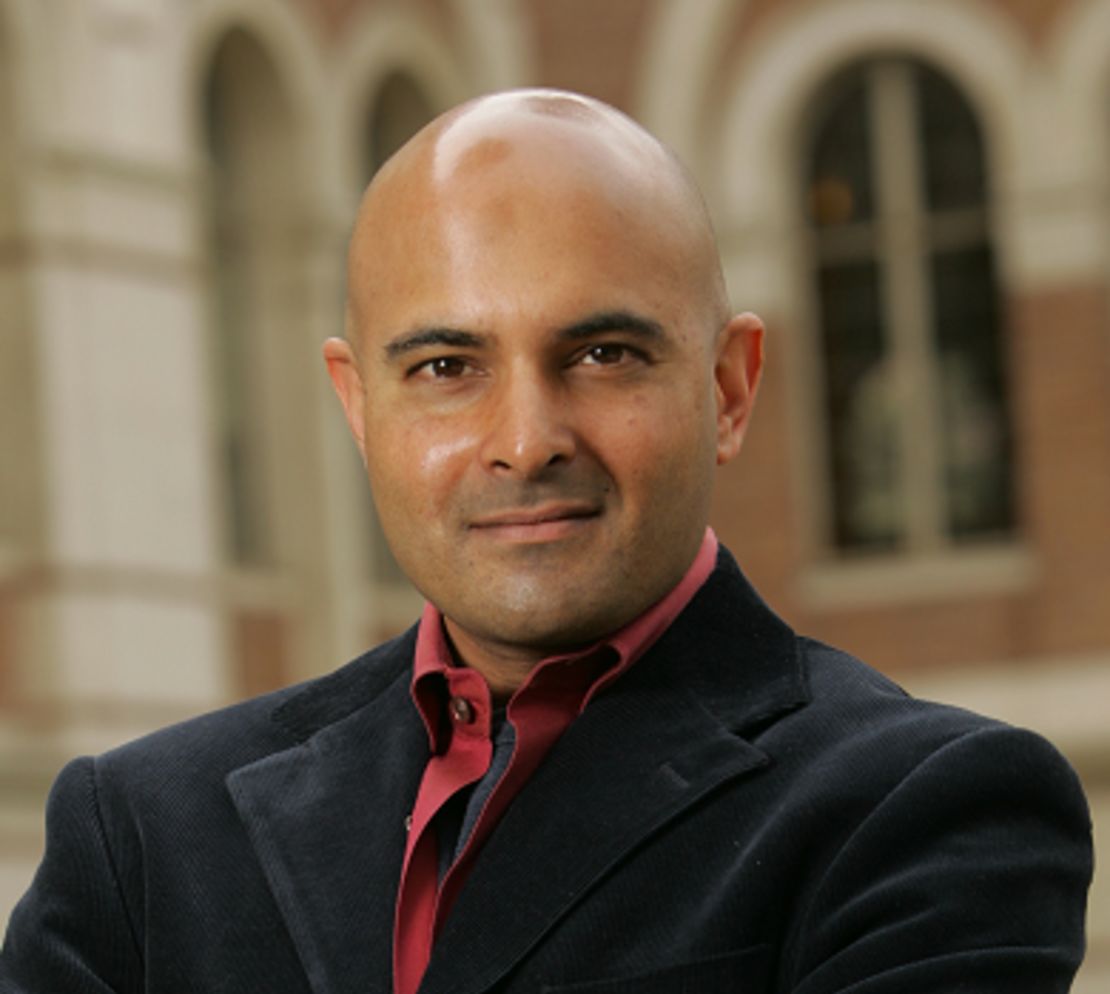Editor’s Note: Rob Asghar is a Fellow at the University of Southern California’s Center on Public Diplomacy and a member of the Pacific Council on International Policy.
Story highlights
The rapid growth of China and India does not mean the U.S. has fallen behind, Rob Asghar says
Both face major environmental and infrastructural challenges within the next decade, he says
Many East and South Asia societies are facing resistance to progress, Asghar says
Asghar: U.S. may sabotage its tilt toward innovative growth if political dysfunction continues
China is poised to become the world’s largest economy within a decade, according to some economists. Rising giant India already has a middle-class population that is larger than the entire United States population, according to others.
Such nuggets fuel an industry of prophetic warnings of decline, exemplified by the phrase “How America Fell Behind in the World It Invented” in the subtitle of Thomas Friedman and Michael Mandelbaum’s recent best-seller.
The rapid growth of China and India and other Asian tigers does not mean that the United States has “fallen behind,” however. It takes a panicked perspective to even ponder the point.
China and India have immense economies, each with state-of-the-art technological centers that put others to shame. But they are also ranked 125th and 162nd, respectively, in GDP per capita (according to the CIA’s World Factbook), lacking clean water and safe food for too many citizens.

Both face massive environmental and infrastructural challenges within the next decade. Neither country is in range of providing an American level of services to its citizenry, much less the comfortable level typical of flourishing Northern European economies.
And if we consider the deeper cultural dimensions of globalization and innovation, one could go so far as to argue that the globalization game is and will remain rigged in America’s favor, with other nations not being able or even willing to catch up.
In truth, many societies in East and South Asia are confronting ambivalence and resistance to developments that we might see as progress but that their traditionalists see as moral and social decline.
Iran and Pakistan are just two examples of nations whose rapid modernization was undercut by underlying reactionary cultural forces. For related reasons, the various proud Asian tigers are not on an unbendable trajectory.
Current trends are not destiny; it is more accurate to say that culture is destiny. Western academics may deride the “unoriginal” thinking of Chinese or Indian students, but this critique is based on an entirely different (some would say culturally imperialistic) worldview.
Lao Tzu’s “Tao Te Ching,” still proudly full of wisdom today, stands as a reminder that disruption, individualism and innovation are inherently heretical in many traditional societies – and if they occur in one area of a traditional society, a backlash typically follows in another. Gandhi’s spirit, with its vigorous opposition to consumer capitalism, is hardly extinct.
Meanwhile, America is the best at being America, because America is the closest thing to a society that unambivalently enjoys being American. The United States has cultural and demographic traits that remain unique – for better and worse.
American culture is peculiarly tilted toward valuing disruptive new ideas and welcoming the immigrant who brings such ideas into its society. An individualistic, heterogeneous, novelty-seeking American culture, strengthened by a critical mass of interdisciplinary American research universities that draw the world’s best minds, represents a considerable edge in social and economic innovation.
For today’s emerging economies to become long-term giants, rather than variations of prerevolution Iran and the Soviet Union, they must become more economically and socially integrated. And to become economically integrated, they must become culturally integrated, which means a host of conflicts are on the horizon regarding varying societal views on change, tradition, materialism, social mobility, openness, patronage and so on.
It will not be easy, and success is not inevitable. Many emerging nations are like a young child on the precipice of a tense and unpredictable adolescence.
Eastern nations may in time become better than the West at the freewheeling socioeconomics that America and the rest of the West invented, but not without considerable social turmoil. A true taste for innovation and adaptation will result only from a vigorous clash between individualistic impulses and communitarian ones – clashes that will take decades to play out, with uncertain outcomes.
Americans may block their own path and sabotage their own cultural tilt toward innovative growth if political dysfunction continues. But with even some sensible reform of the political system, a resilient, forward-thinking and forward-moving economy should result.
America was the key force in popping open the Pandoran box of commercial and cultural globalization, with all the attendant anxieties and unintended consequences. But the globalization game is an inherently American game, and it will take a great deal of luck, strategy and determination for someone else to play the game better than Americans are able to play it.
The opinions expressed in this commentary are solely those of Rob Asghar.
